When Shade Isn’t Enough: Climate Change in the Forest Understory
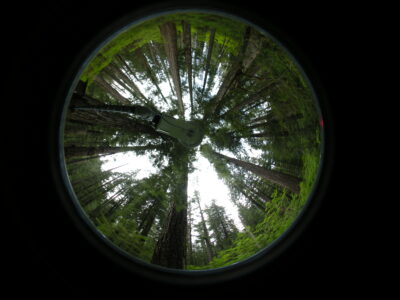
Once thought to be natural refuges, old-growth forests are warming faster than we imagined.

Once thought to be natural refuges, old-growth forests are warming faster than we imagined.
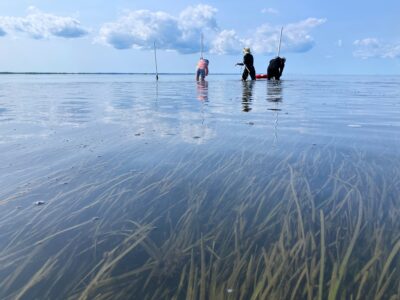
How much revenue can seagrass restoration generate from carbon credits? It depends, says a new paper from the VCR LTER.
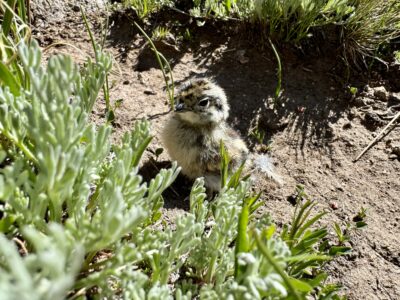
Marmots serve as a reminder to me to step back from this optimization-focused perspective and pay more attention to how organisms actually act than to how I think they should act.

LTER has an outsized presence at ESA, and this year is no different. See all the LTER talks here.

Fairbanks, Alaska isn’t always the snow-covered tundra that most of us in the lower 48 would imagine. Eleanor Serocki covers a summer at the Bonanza Creek LTER.
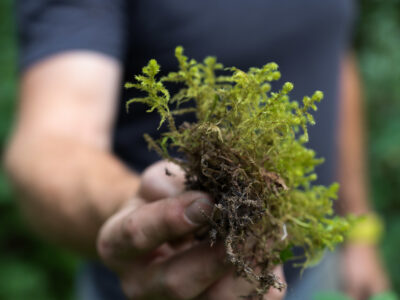
The LTER Network Office is excited to announce that three Scientific Peers Advancing Research Collaborations (SPARC) proposals were funded this year. The three groups will meet in person at the National Center for Ecological Analysis and Synthesis for one week, starting in the fall.
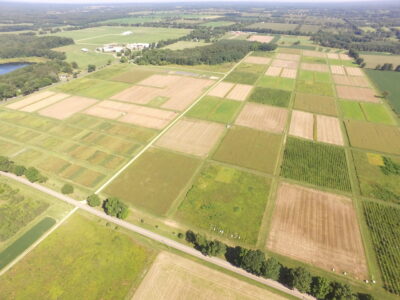
The goal of the KBS LTER Listening Session was to understand where gaps between research and implementation occur and how they might work together to support farmers.
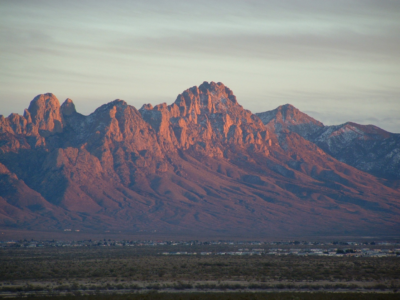
These examples offer a practical roadmap for integrating GenAI into research workflows to boost efficiency, reduce manual effort, and improve overall productivity.
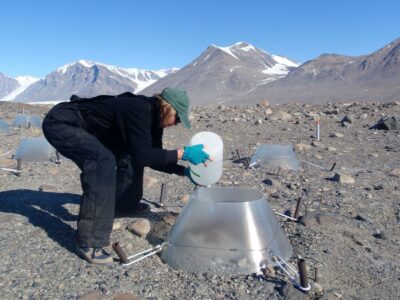
Our circumstances have changed a lot in the last six months, leaving many US scientists feeling uncertain about the future. But the practice of addressing and reacting to the new challenges is something ecologists are very used to.
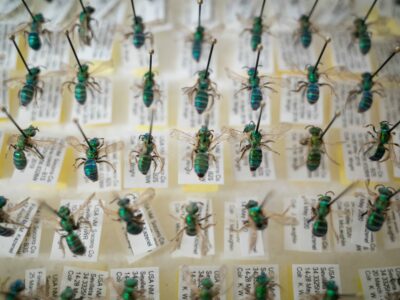
Boxes and boxes of bees Humble beginnings The magnitude of an extensive specimen collection doesn’t really hit until you see it. At the University of Mexico’s Museum of Southwestern Biology, research scientist Jade McLellan pulls out one box of bee after another. There are shelves stacked to the ceiling. Some boxes are labeled with things… Read more »